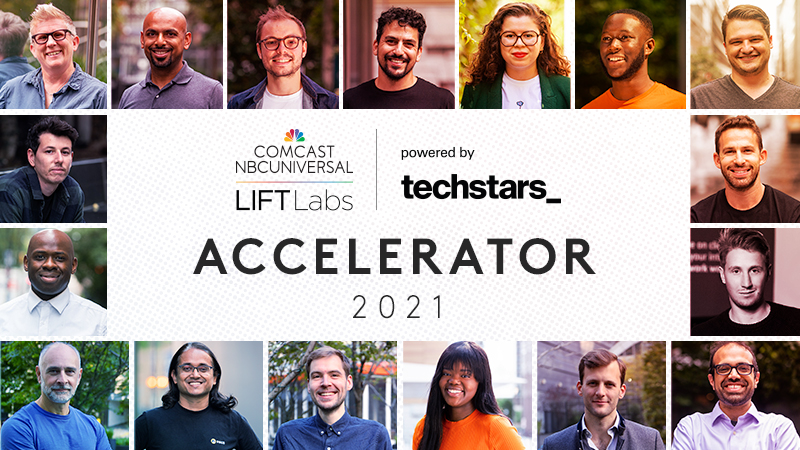From Translation Tool to $2B Powerhouse: The WRITER Story
From Translation Tool to $2B Powerhouse: The WRITER Story
July 29, 2025
» Sign-up for our newsletter and be the first to learn about new events
and exclusive tips from founders and funders.
